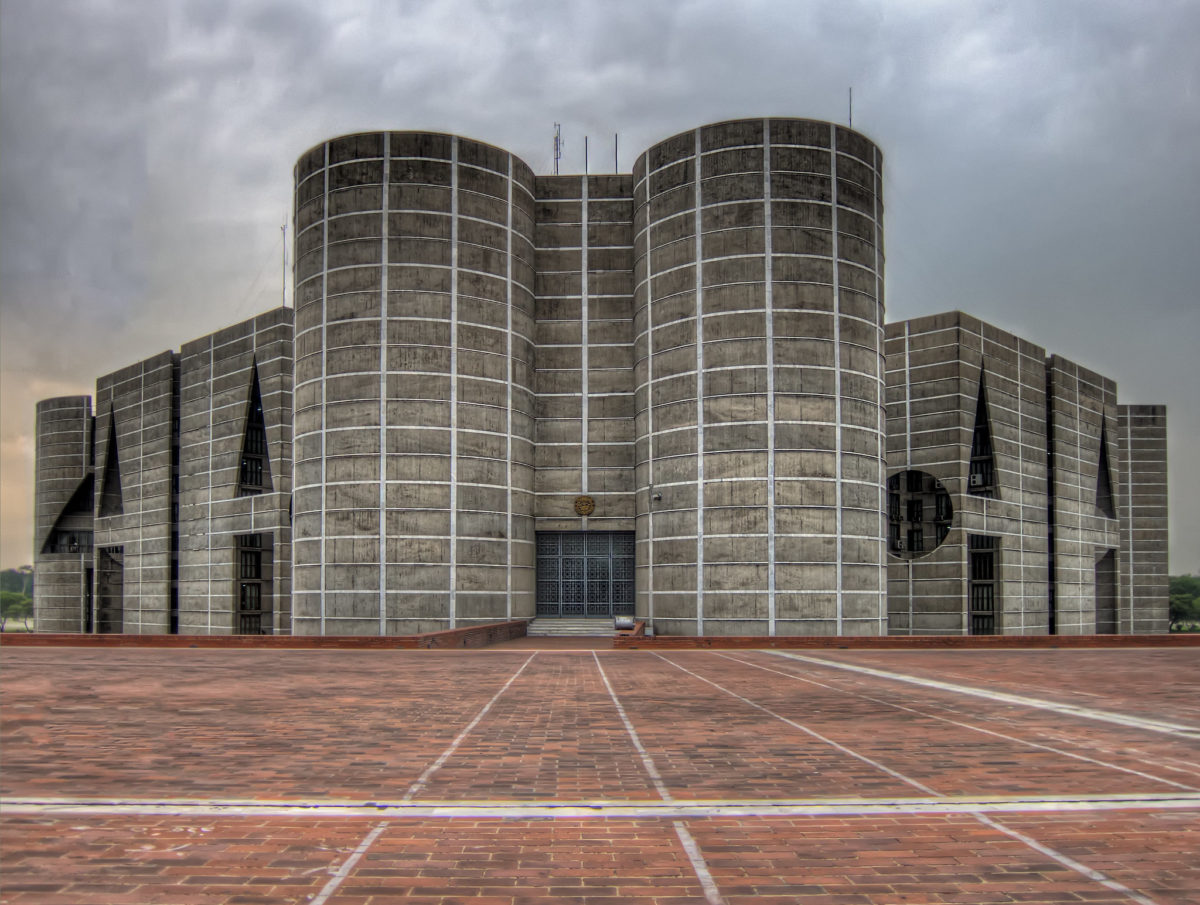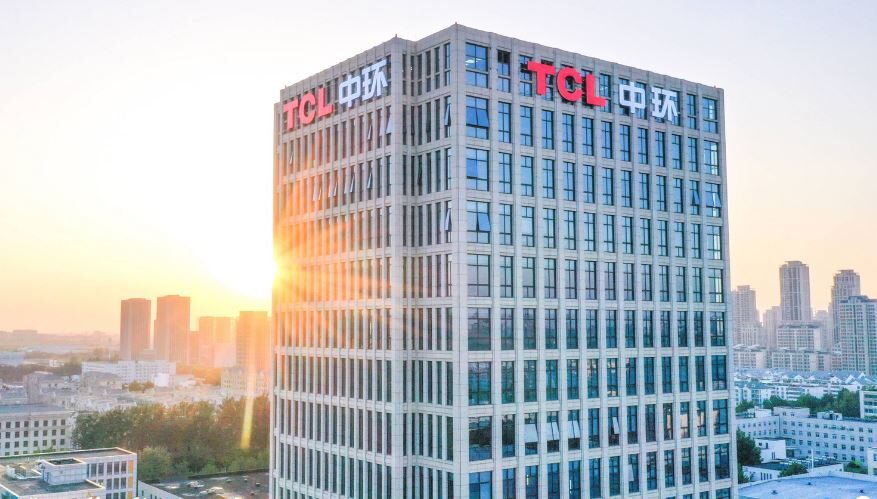With Bangladesh having fallen short of its target of generating 10% of its electricity from renewables by last year, policymakers in Dhaka are preparing to update national clean energy ambitions.
While government policies have seen renewables today account for more than 3% of the nation's electricity, the advances made since the nation's RE Policy was formulated in 2008 have significantly undershot the stated ambition.
“We need to recast the policy so that renewable energy can be the main source of electricity after a certain period,” an official at government body the Sustainable and Renewable Energy Development Authority (SREDA) told pv magazine. “Aggressive promotion [of renewables] and [the] removal of existing and possible barriers [to adoption] will get priority in the new renewable policy.”
Policy
The government initially promoted solar home systems and other PV products to expand electricity access in the countryside, as well as arranging soft loans funded by the exchequer and international development partners to set up solar projects. The development of solar mini-grids furthered the off-grid efforts of the authorities.
In 2018, the government introduced net-metering so electricity ‘prosumers' could also supply power to the grid generated from rooftop panels, chiefly on factory buildings. The net metering regime has recently been expanded to solar irrigation pumps and the nation is also witnessing the development of scores of solar and wind power plants.
The new renewables policy will be formulated by officials with a more rounded knowledge of clean power resources, thanks to more than a decade of experience in the sector, according to SREDA chairman Mohammad Alauddin. He told pv magazine the new policy would conform with Bangladesh's renewable energy roadmap and the nation's eighth five-year plan, both of which aim to foster clean power generation.
Dipal C Barua, president of trade body the Bangladesh Solar and Renewable Energy Association, told pv magazine there was a need for more certainty in the new national policy, adding: “We lack an action plan to achieve the [missed 10%] generation target.”
He called for the government to set generation capacity goals for each renewable energy technology and stipulate how much should be funded by the private sector. Barua called for the establishment of a government ministry, or ministerial division, devoted to renewables, and said the new clean power policy should contain concrete fiscal and policy incentives.
This content is protected by copyright and may not be reused. If you want to cooperate with us and would like to reuse some of our content, please contact: editors@pv-magazine.com.



1 comment
By submitting this form you agree to pv magazine using your data for the purposes of publishing your comment.
Your personal data will only be disclosed or otherwise transmitted to third parties for the purposes of spam filtering or if this is necessary for technical maintenance of the website. Any other transfer to third parties will not take place unless this is justified on the basis of applicable data protection regulations or if pv magazine is legally obliged to do so.
You may revoke this consent at any time with effect for the future, in which case your personal data will be deleted immediately. Otherwise, your data will be deleted if pv magazine has processed your request or the purpose of data storage is fulfilled.
Further information on data privacy can be found in our Data Protection Policy.